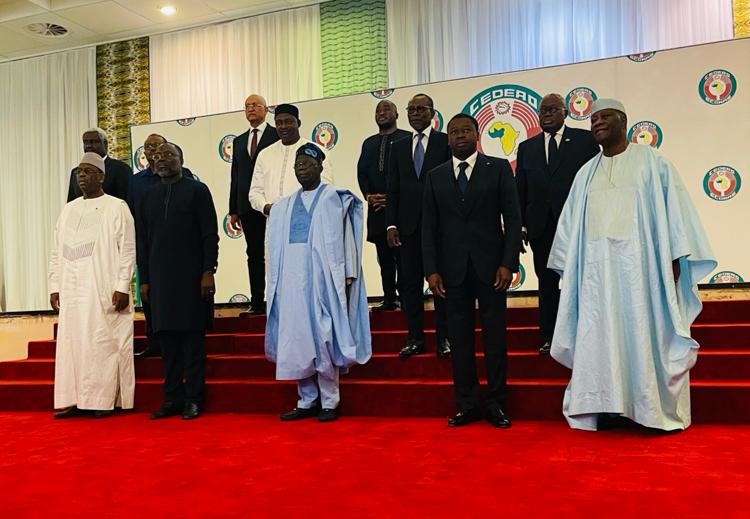The ECOWAS Court has dismissed a legal challenge by Ivorian staff member Mariame Kone-Toure, who contested the appointment of her Gambian colleague, Ama Savage, as Head of Administration and Human Resources.
Kone-Toure, who held the position in an acting capacity from February 2023, had applied for the role when it was advertised in May 2023. However, after recruitment interviews were held in January 2024, Savage was appointed in October.
The court ruled in favor of the appointment process, affirming the decision made by the ECOWAS Court of Justice.
In her submission before the court, Kone-Toure had claimed that the selection process violated the principles of fairness and non-discrimination as enshrined in the ECOWAS Staff Regulations.
The applicant had argued that, although she was one of the top candidates, the Management Succession Committee only recommended Savage as the sole candidate for the substantive position.
According to her claims in the suit marked: No. ECW/CCJ/APP/32/24, the process is in contrast to similar recruitments in other ECOWAS institutions, where multiple top candidates are usually recommended.
However, ECOWAS had in its submission before the court through its counsel, argued that Savage was the most qualified candidate for the position.
Delivering judgment, Justice Dupe Atoki, on behalf of a three-member panel of the court presided over by Justice Sengu Koroma, the President of the Court, dismissed all the Ivorian’s claims.
The panel, which also had Justice Gberi-Bè Ouattara as a member, upheld ECOWAS’ submission that Savage was the most qualified candidate for the position.
It declared that Kone-Toure’s claims were unsubstantiated, adding that her non-selection was not in any way a violation of her rights.
The court further held that Savage’s appointment complied with ECOWAS Staff Regulations, and the applicant did not provide evidence of discrimination or procedural irregularity against her colleague’s appointment.
“On the merits, the Court examined allegations of discrimination under Article 4(1) and the principle of equitable geographical distribution under Article 9(2)(f) of the ECOWAS Staff Regulations.
“It found that the applicant failed to provide sufficient, verifiable evidence of differential treatment in similar circumstances.
“The court notes that, while she referenced practices in other institutions, she did not present the names or scores of the candidates allegedly favoured, preventing a meaningful comparative analysis.
“On the claim regarding geographical distribution, the court rules that the principle applies only among equally qualified candidates and does not override the requirement of merit-based selection,” the judgment reads in part.
Earlier, the court ruled on jurisdiction, by affirming its competence to hear the matter under Article 9(1)(f) of the 2005 Amended Protocol.
It also held that the suit was admissible as the applicant had exhausted all available internal remedies by initially appealing in futility to the president of the ECOWAS Commission before approaching the court



